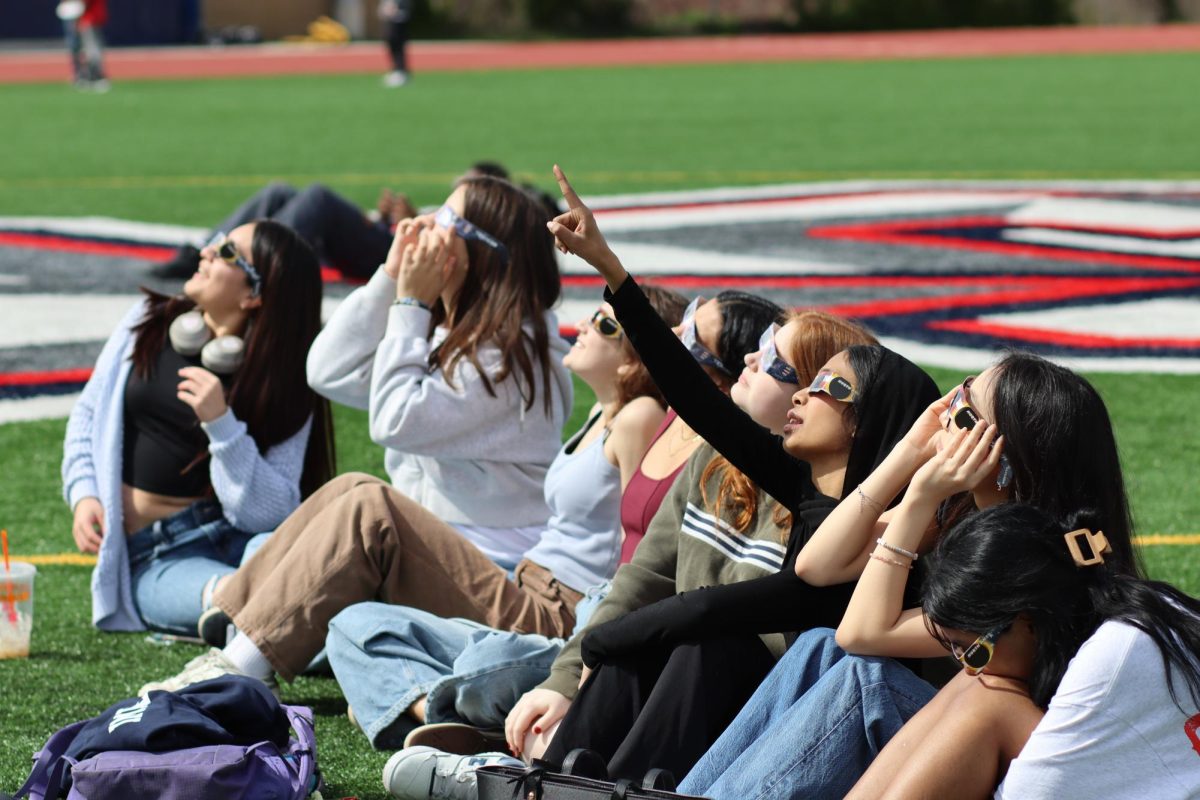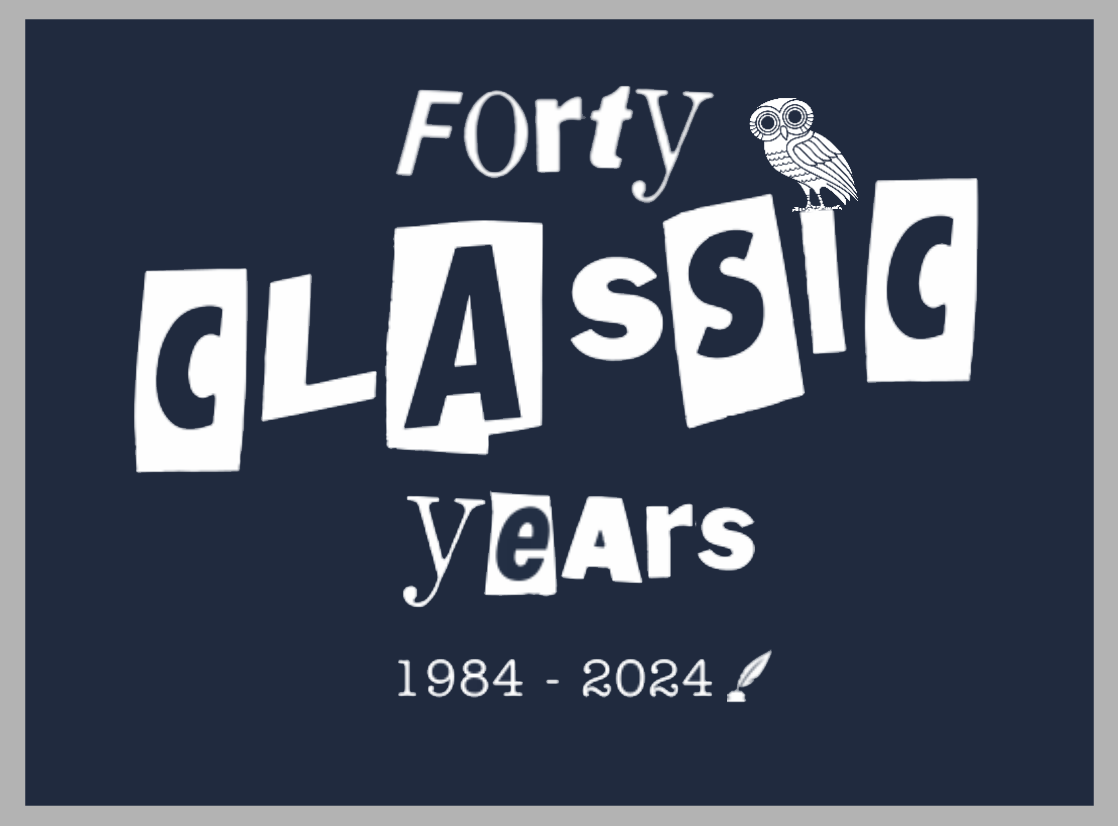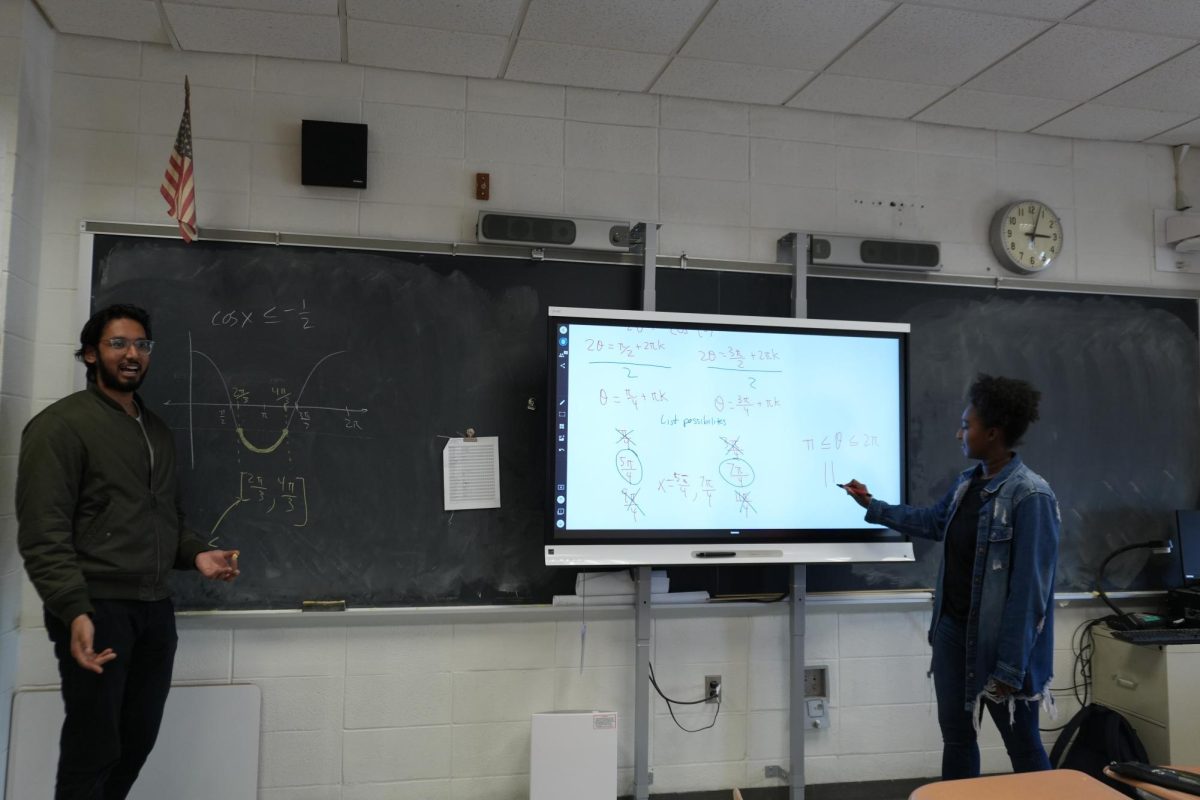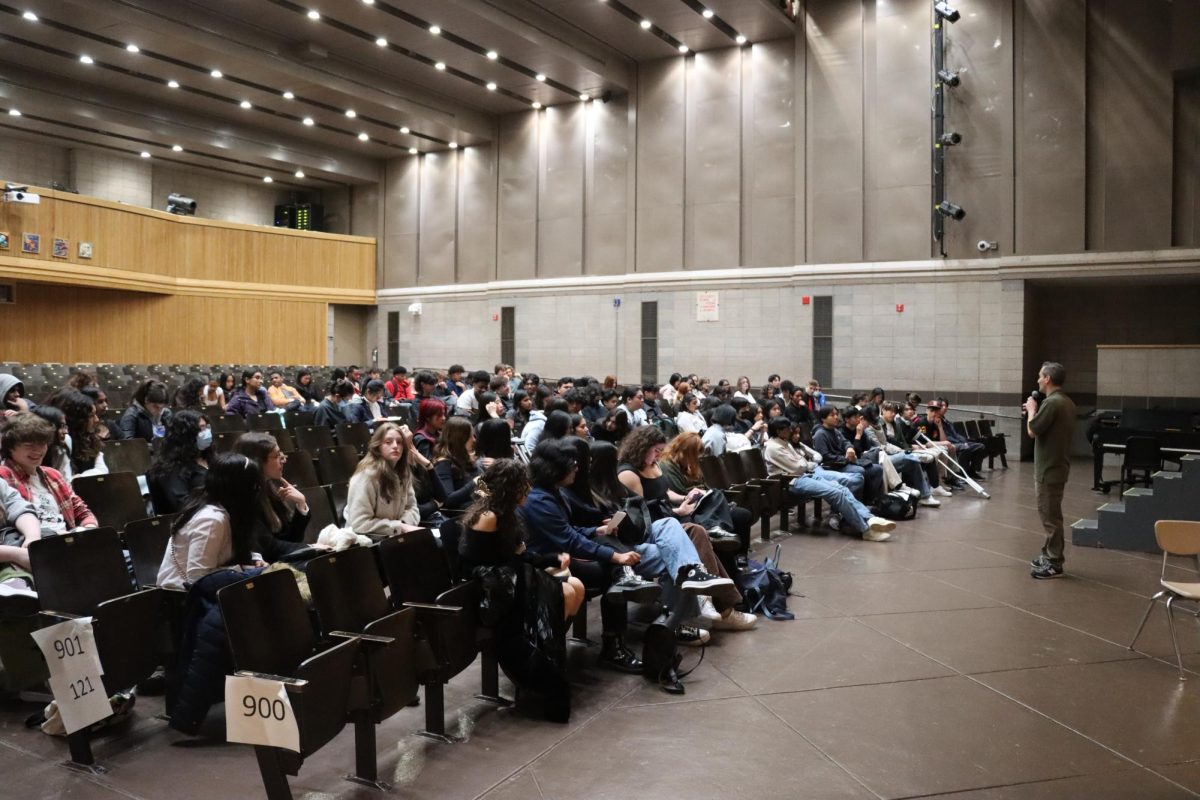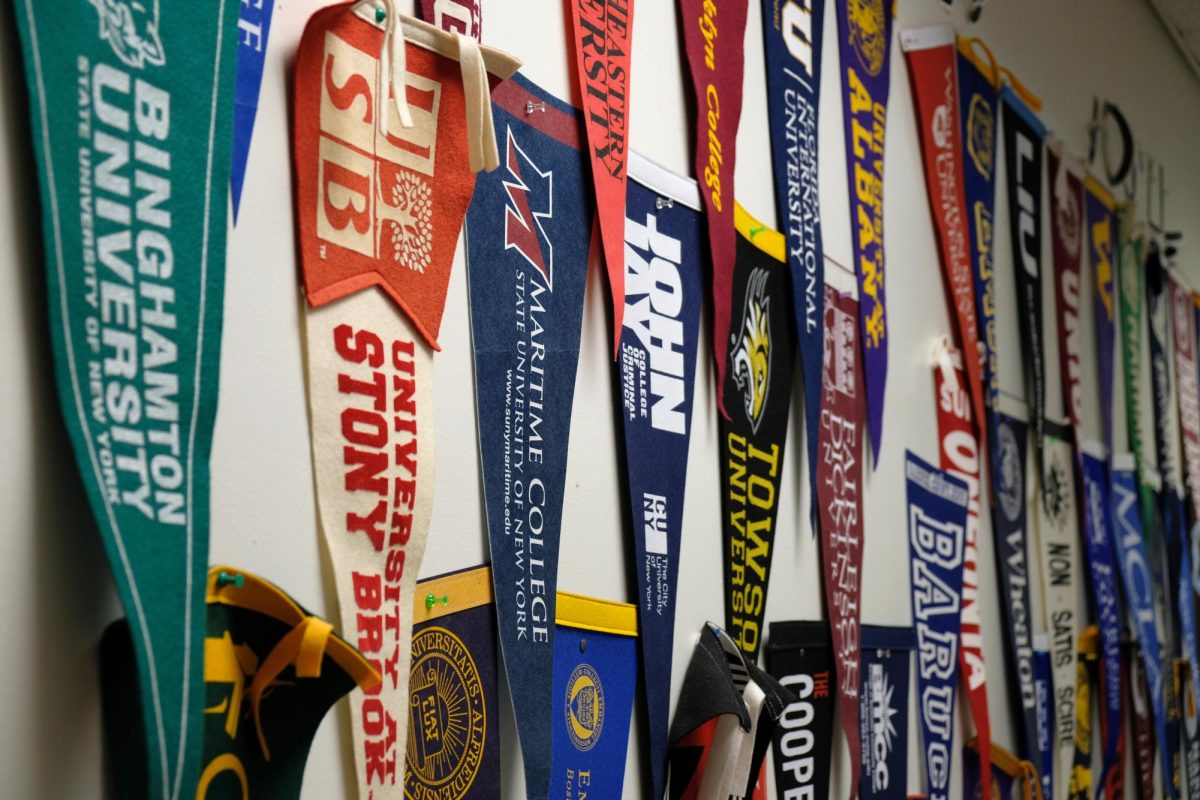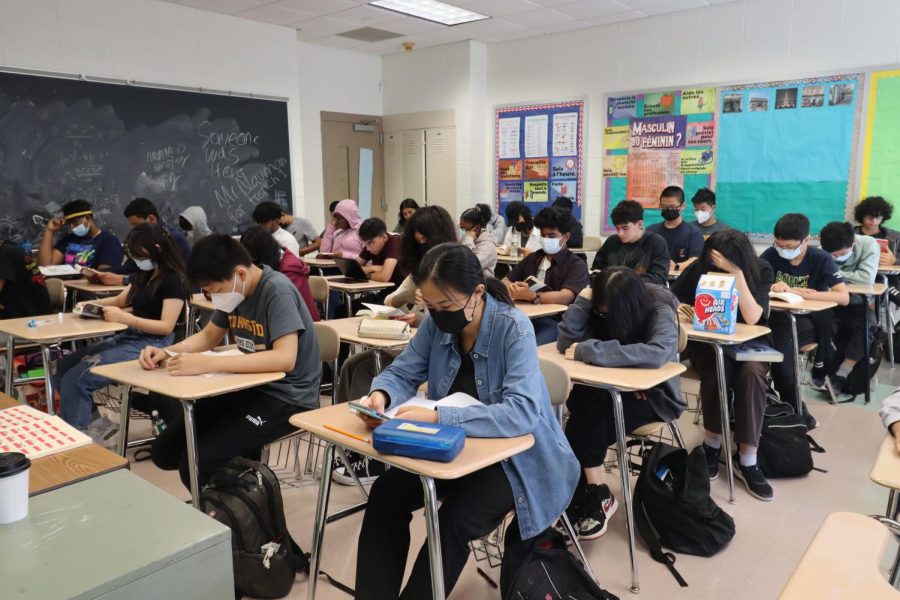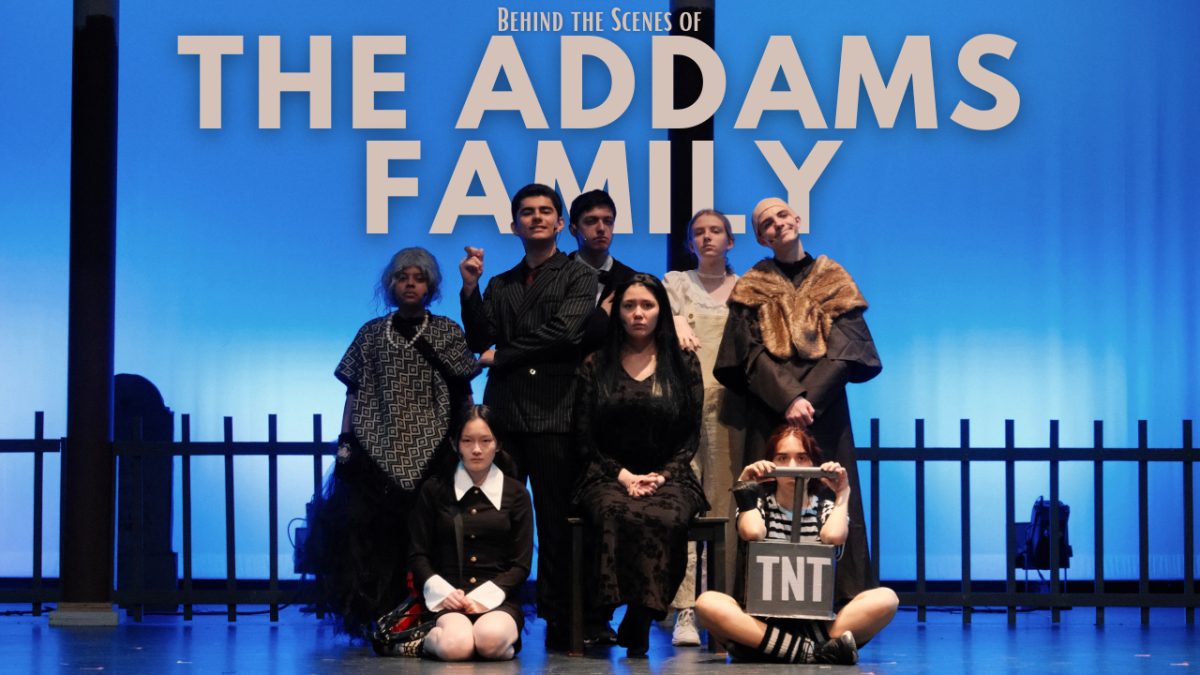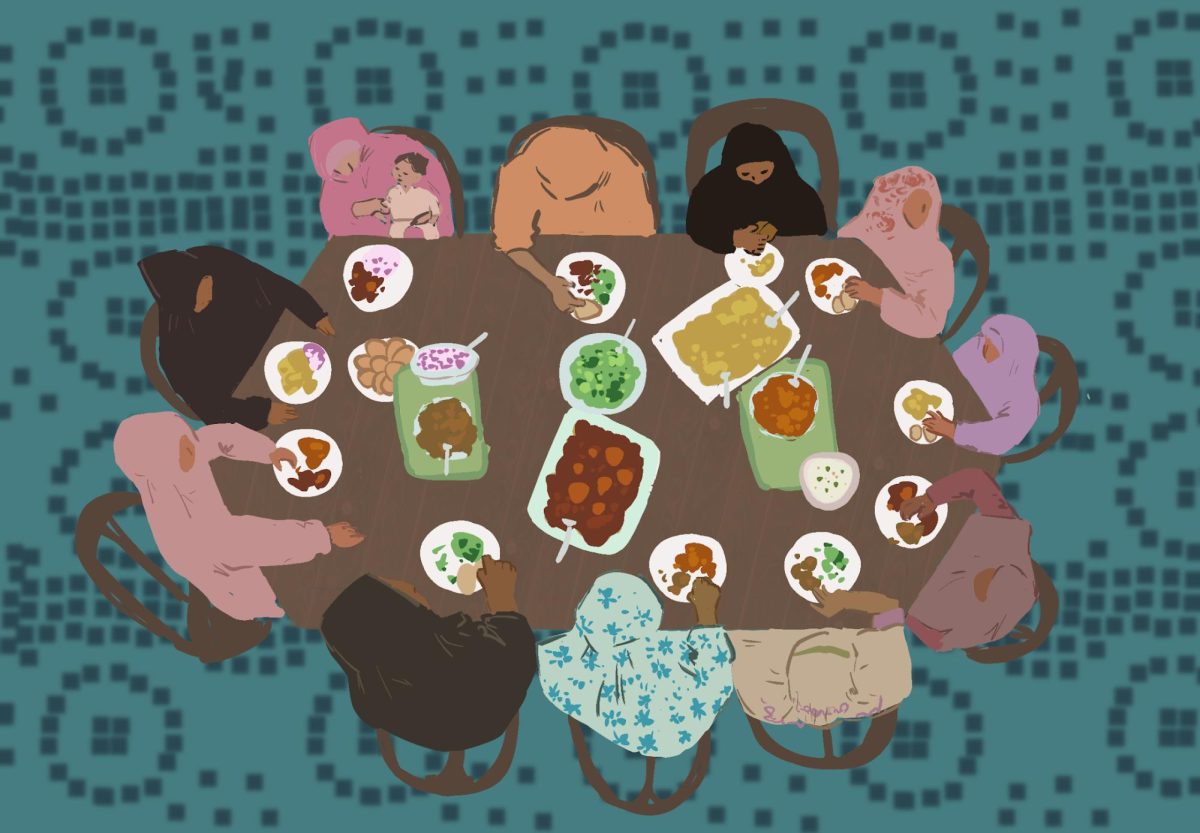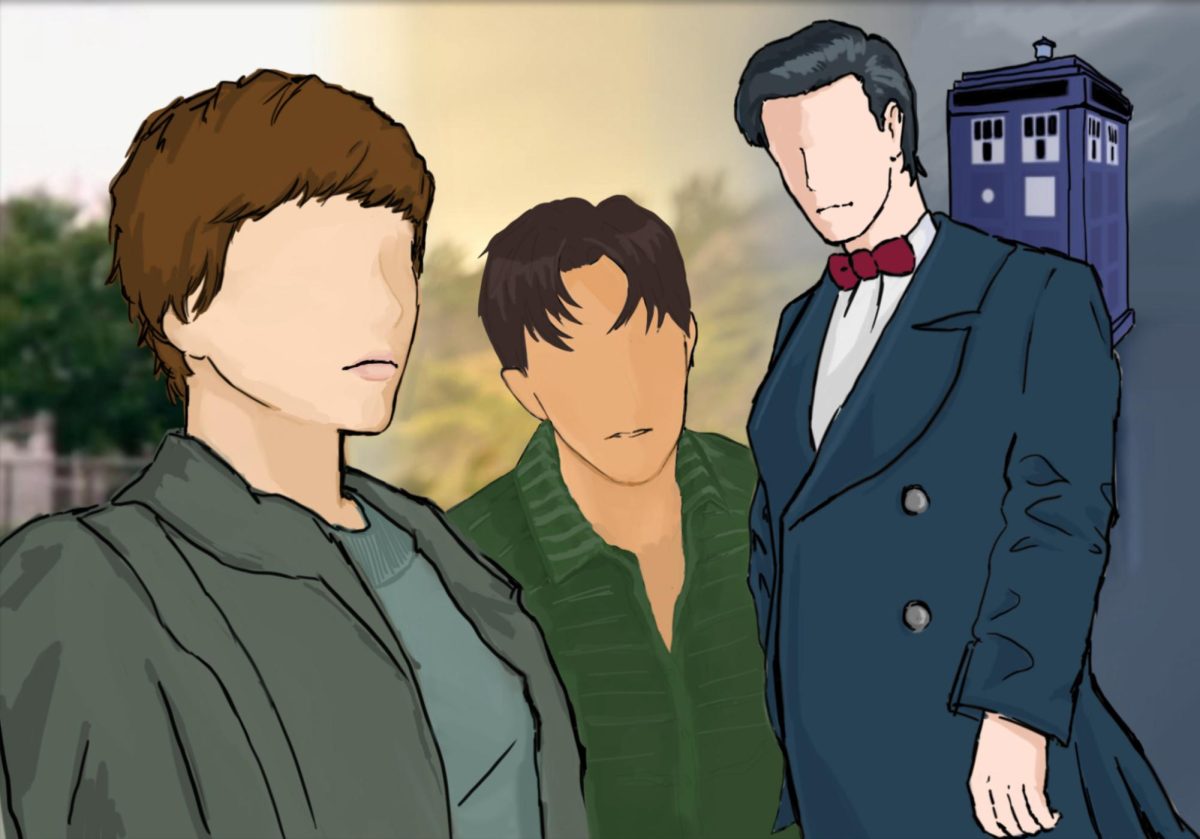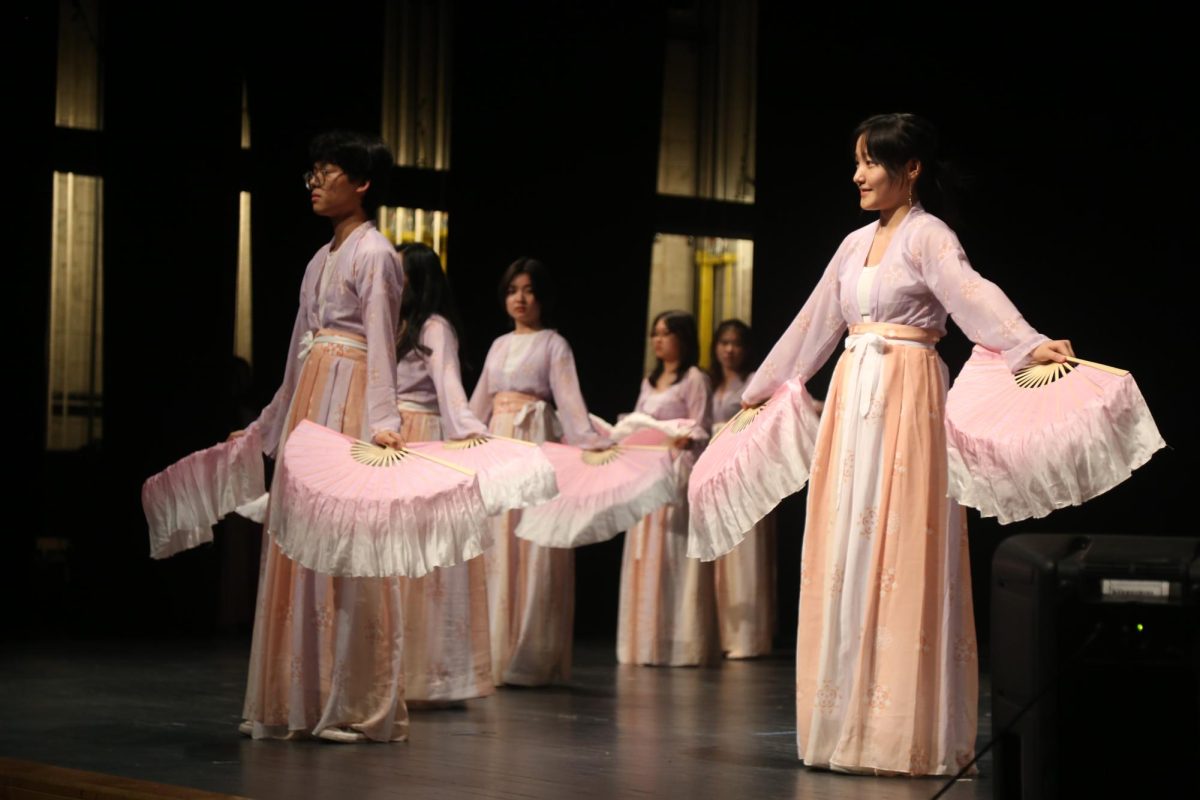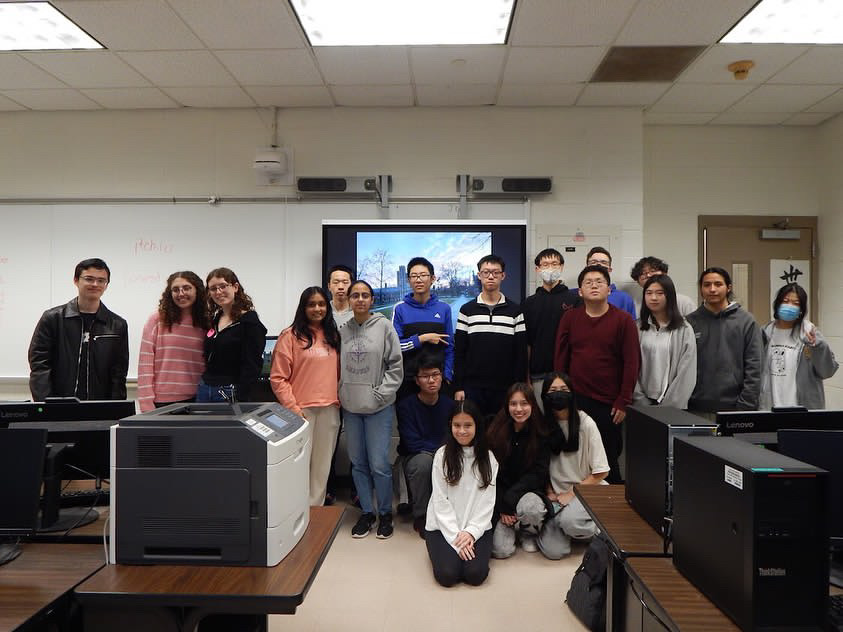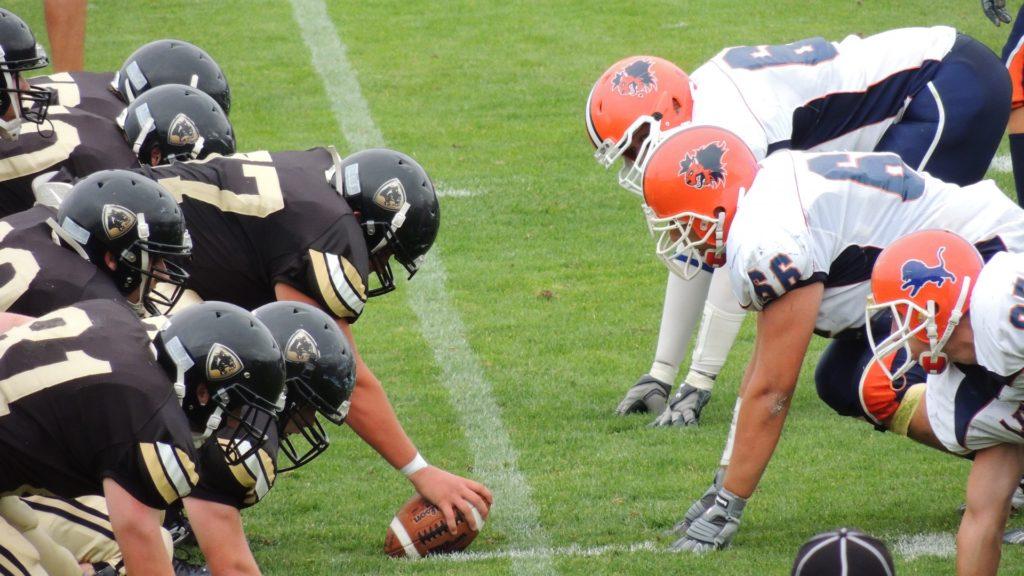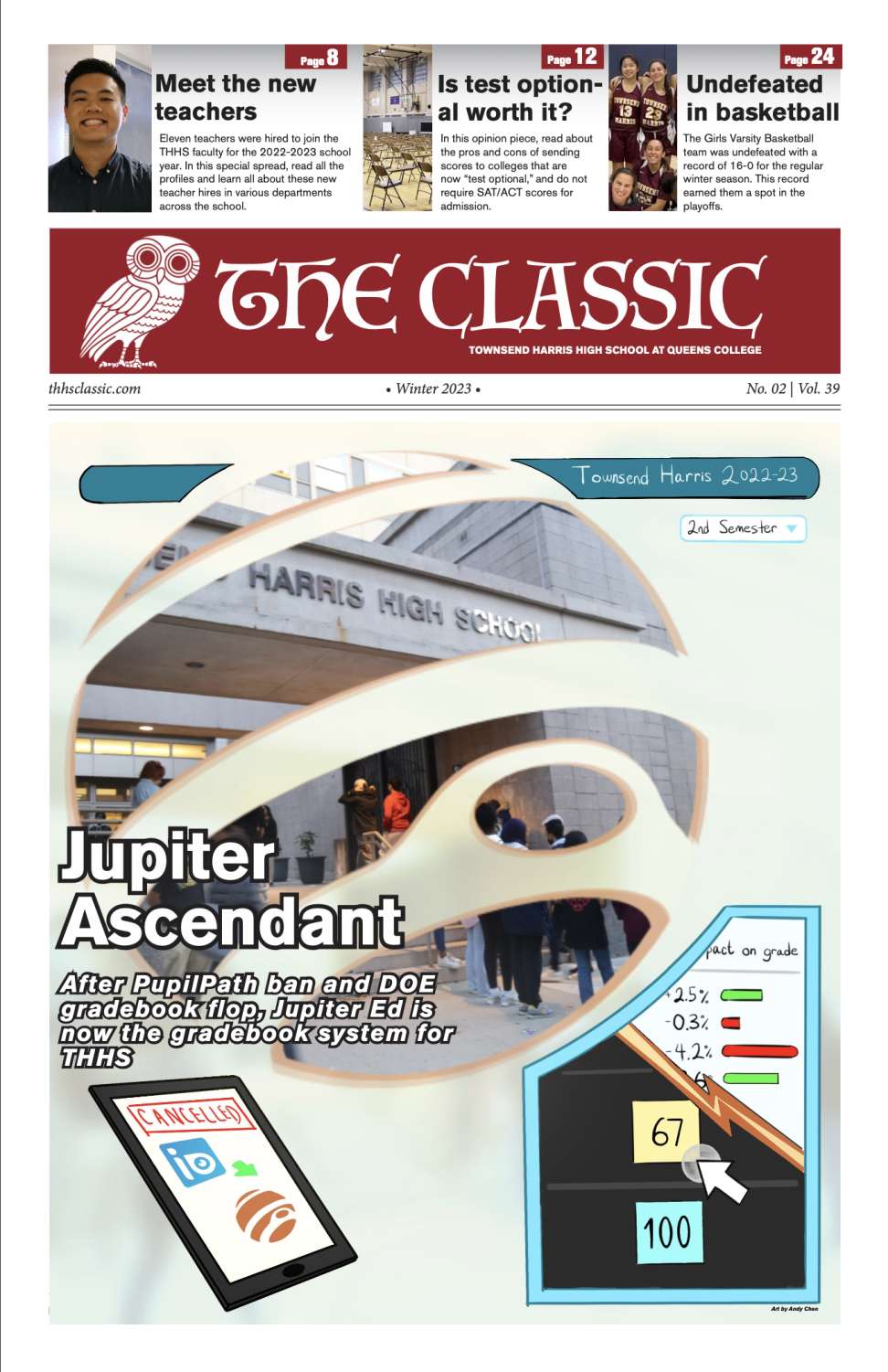
The study of history is as much about how the past is portrayed as it is about what actually happened. This, unfortunately, is not always apparent in a typical high school history class, where teachers ask students to wade through thick history textbooks that, upon first glance, may well have been written by an all-knowing god.
Of course, learning about the past is never as simple as reading a textbook. Teachers of history must be aware of the narratives they promote; this thought came to me as I watched the annual Founders’ Day performance on the life of Townsend Harris. This year’s performance was different from those of the past. Rather than ending with Townsend Harris’s visit to Japan, this production had Townsend Harris returning to a United States ripped apart by civil war, whereupon the narrator provided the following piece of context for the audience:
“Harris was a very active War Democrat and supported Lincoln’s efforts to preserve the Union…the Union initially thought the war would be a relatively easy victory. However, the South had a moral advantage – they believed they were fighting for their way of life. And what they lacked in arms, they made up for in spirit.”
After some images of soldiers waving the Confederate flag were projected, students donned the formal dress and mannerisms of the antebellum South and danced while film clips from Gone with the Wind played in the background.
These words and imagery are stark examples of how various parties attempt to define and color the past. While I understand that nobody who wrote or produced this performance meant any harm, the above words and imagery are deeply offensive. There was nothing romantic or “moral” about the pre-Civil War South, whose wealth was wrung from the sweat of enslaved bodies and whose livelihood depended upon the terrorization, rape, and subjugation of an entire race. Although the South ultimately lost on the Civil War battlefields, they continued to fight a cultural war for the right to define their past on their own terms, and for many years, they won. Southern secession over the issue of slavery was recast as an issue of “state’s rights.” Reconstruction was recast as a failure due to the greed of Northern “carpetbaggers” and the ineptitude and ignorance of the black population. From the end of Reconstruction through the commencement of the Civil Rights era roughly 70 years later, America’s race relations reached a nadir, with the rise of Jim Crow segregation, the emergence of the KKK, and lynchings.
The novel Gone With the Wind (1936) and its film adaptation (1939) were both created in this era of racism and historical revisionism. Gone With the Wind romanticizes the Southern way of life, casts Northerners as villains, and ignores the brutality of slavery. Although it was once the highest grossing movie of all time and won eight Academy Awards, critics today call it “an ugly symbol of racism” akin to the Confederate flag.
Even though America’s racial situation has improved immensely in the past 50 years, we as a nation are still dealing with our legacy of slavery. In November, student activists at my alma mater, Princeton University, protested the prominence Princeton affords to United States President Woodrow Wilson. Wilson, who had also been the President of Princeton University, has both a dormitory and Princeton’s prestigious school for international affairs named after him. Despite his accomplishments, Wilson was an unabashed racist who worked hard to resegregate the Federal government.
The lesson we can draw from this year’s Founders’ Day performance is that America’s racial history and our retelling of it must constantly be examined. Even state-approved textbooks, Oscar-winning movies, and Ivy League colleges are not immune from bias or blindness to this shameful part of our nation’s fabric.


